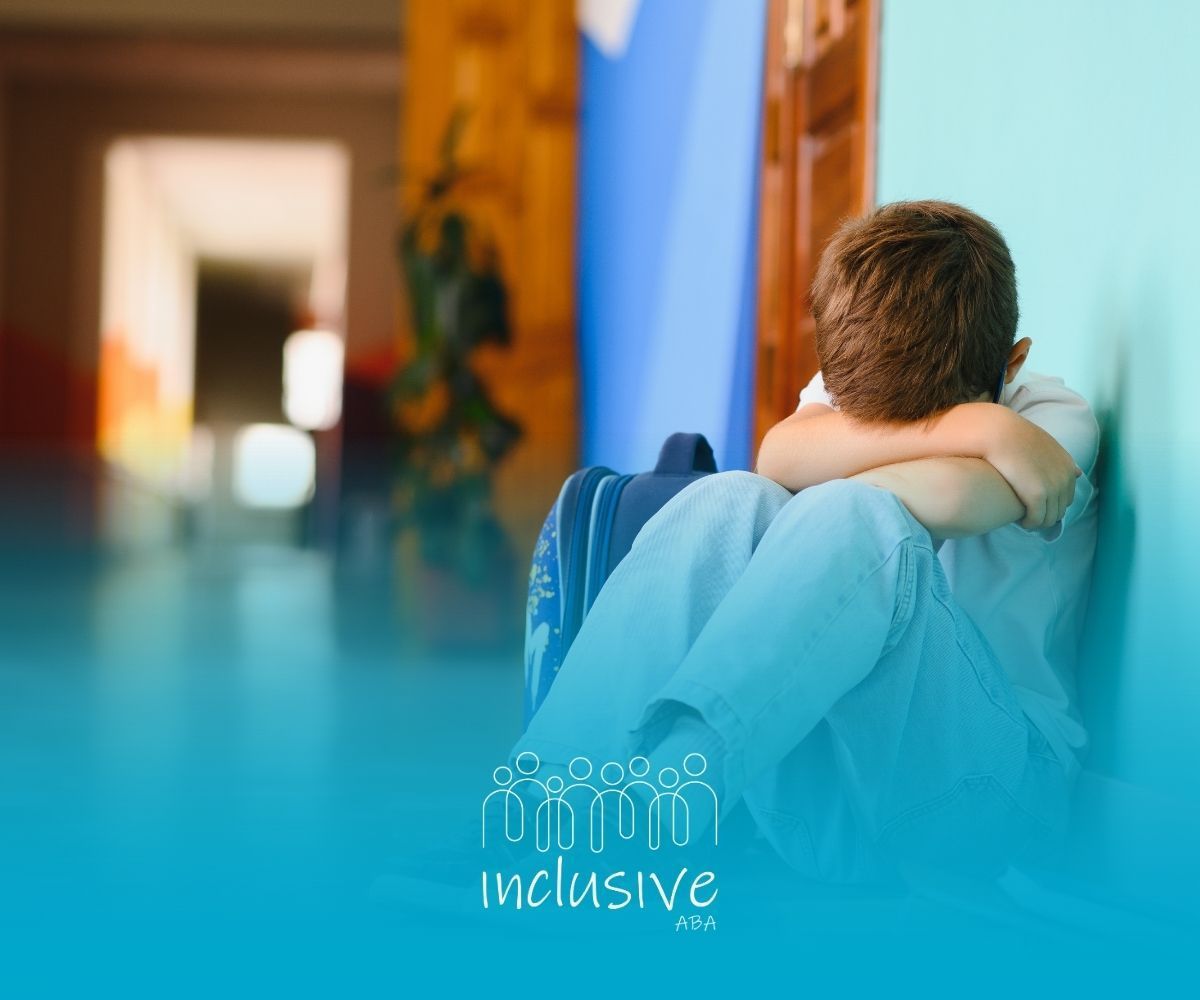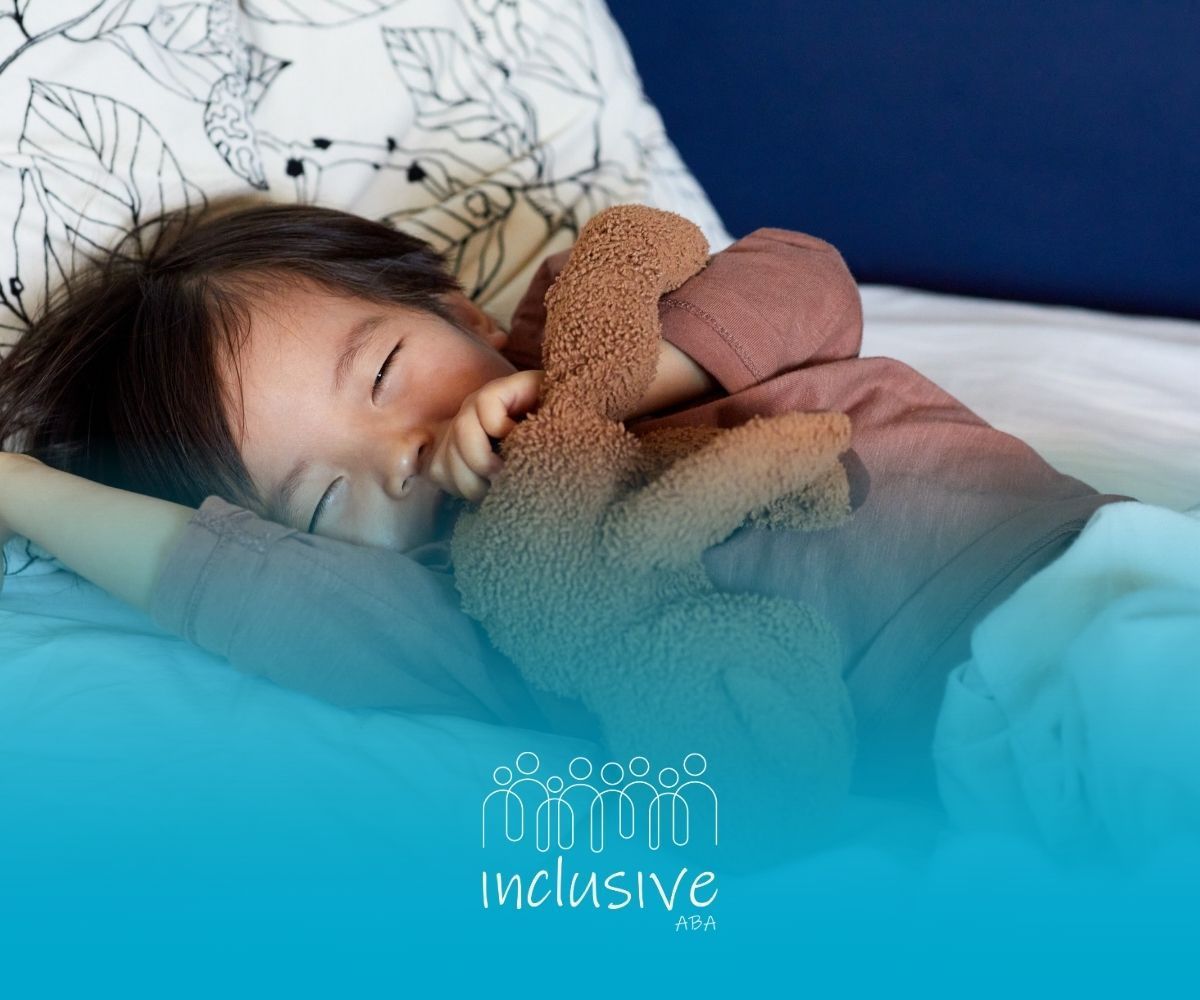What is Basic Skills Training in ABA Therapy—and Why It Matters for Your Child
When I started working with Ethan, a joyful three-year-old who loved stacking blocks but struggled to follow simple directions, his parents shared a familiar concern: “We just want him to learn the basics—things like getting dressed, asking for help, or sitting for storytime.”
That’s exactly where basic skills training comes into play.
In ABA therapy, we use basic skills training to help children build the kinds of foundational skills that support everything else—communication, social interaction, daily routines, and learning readiness.
In this article, I’ll walk you through what it includes, how we teach these skills, and why it’s such an important part of early intervention for autism.
What is Basic Skills Training in ABA?
Basic skills training focuses on helping children develop the core abilities they need to engage with the world around them. These aren’t academic or advanced skills—they’re the building blocks that make everything else possible.
Common areas we focus on:
- Following simple directions
- Sitting and attending during structured or unstructured time
- Early communication (like requesting or labeling items)
- Basic motor imitation (e.g., clapping, waving)
- Self-help skills like dressing, washing hands, or brushing teeth
- Basic social skills such as joint attention and turn-taking
These skills are often introduced early in therapy but remain important across all ages as the foundation for more complex goals.
Why Basic Skills are the Foundation of Growth
Basic doesn’t mean easy. It means essential.
When a child struggles with these early foundational skills, it can make everything else—learning, socializing, communicating—more difficult and frustrating.
That’s why we start here. Once we strengthen these areas, children are often better equipped to grow in other ways.
The benefits of building basic skills include:
- Reduced frustration and challenging behavior
- Increased independence in daily routines
- Improved communication and connection with others
- Greater readiness for classroom settings or social play
- More confidence navigating everyday situations
These are the moments that matter—asking for help instead of melting down, putting on shoes independently, or joining a sibling in a game.
How We Teach Basic Skills in ABA Therapy
Every child is different, and so is every therapy plan. At Inclusive ABA, we take a flexible approach, using different evidence-based methods depending on your child’s strengths and learning style.
Key strategies we use in basic skills training:
1. Discrete Trial Training (DTT)
Discrete Trial Training helps us break down skills into small steps, give clear instructions, provide immediate feedback, and reinforce correct responses. This is especially useful for early learners and new skills.
2. Natural Environment Teaching (NET)
We embed learning into daily activities and play. Instead of sitting at a table, we might practice asking for a snack at home or washing hands after a messy art project.
3. Prompting and Prompt Fading
We support your child through difficult tasks with the least amount of help needed—and then gradually step back, so they learn to succeed independently.
4. Motivating Reinforcement
We find what your child loves—bubbles, music, high-fives—and use those things to motivate learning. Reinforcement is always tied to their effort and progress.
Real-Life Examples of Basic Skills in Action
Let me give you a few real-world examples from the therapy room:
- Helping with transitions: We worked with a child who struggled to move between activities. By using visual cues, countdowns, and fun reinforcement, we helped them move from playtime to cleanup without meltdowns.
- Early communication: Another child began using picture cards to request toys and snacks, reducing their frustration during mealtimes.
- Daily living skills: We taught a young girl to brush her teeth independently using a task breakdown and visual checklist. Her family now celebrates that small but mighty win every night.
These are basic skills, yes—but they’re deeply meaningful for both the child and their family.
A lot of guides focus heavily on procedures and protocols, but here’s what they leave out: this work is about relationships, trust, and celebrating the small steps.
Basic skills training isn’t about making a child follow directions—it’s about teaching them how to participate more fully in their world. It’s about helping them feel safe, understood, and capable.
At Inclusive ABA, we:
- Create goals that reflect your family’s daily life
- Coach parents so they feel confident supporting learning at home
- Celebrate effort and progress, not just perfection
- Adjust the plan when something isn’t working
Helping Your Child Build Skills That Matter
Basic skills training might sound simple, but it’s one of the most powerful parts of ABA therapy. When children learn to communicate, follow directions, or care for themselves, they’re not just gaining skills—they’re gaining independence, confidence, and connection.
At Inclusive ABA, we work alongside you to build those foundations. We believe in meeting kids where they are, and celebrating every meaningful step forward.
If you’re ready to learn how basic skills training can support your child’s growth, we’d love to talk.
Reach out today to connect with our team, and let’s take the next step together.
FAQs
How long does it take to see progress?
That depends on your child’s needs and the complexity of the skill. Some children pick things up quickly, while others need more time and repetition. What matters most is consistent, supportive practice and a plan that grows with your child.
Is this just for toddlers and preschoolers?
Not at all. While we often use these strategies with young children, many older kids benefit from revisiting or strengthening basic skills—especially if they missed early intervention or need extra support in daily routines.
What can I do at home to help?
So much! We’ll coach you on how to encourage these skills in natural ways—like modeling handwashing together, prompting requests during snack time, or reinforcing following simple instructions. You don’t need special materials—just daily routines and a little guidance.
Sources:
- https://www.autismspeaks.org/life-skills-for-autism
- https://pmc.ncbi.nlm.nih.gov/articles/PMC7670840/
- https://autismtraining.missouristate.edu/eventbrochures/establishingbasicskillsflier.pdf
- http://www.nichd.nih.gov/health/topics/autism/conditioninfo/treatments/early-intervention
- https://autismspectrumnews.org/functional-skills-training-for-individuals-with-autism-spectrum-disorders/
Looking for Expert Help? We're Here for You!
Our compassionate and skilled team is devoted to enhancing your child's development through customized ABA therapy. Let us partner with you to create a supportive environment for your child's success.
Discover how we can help your family thrive with expert ABA therapy.
Related Posts







